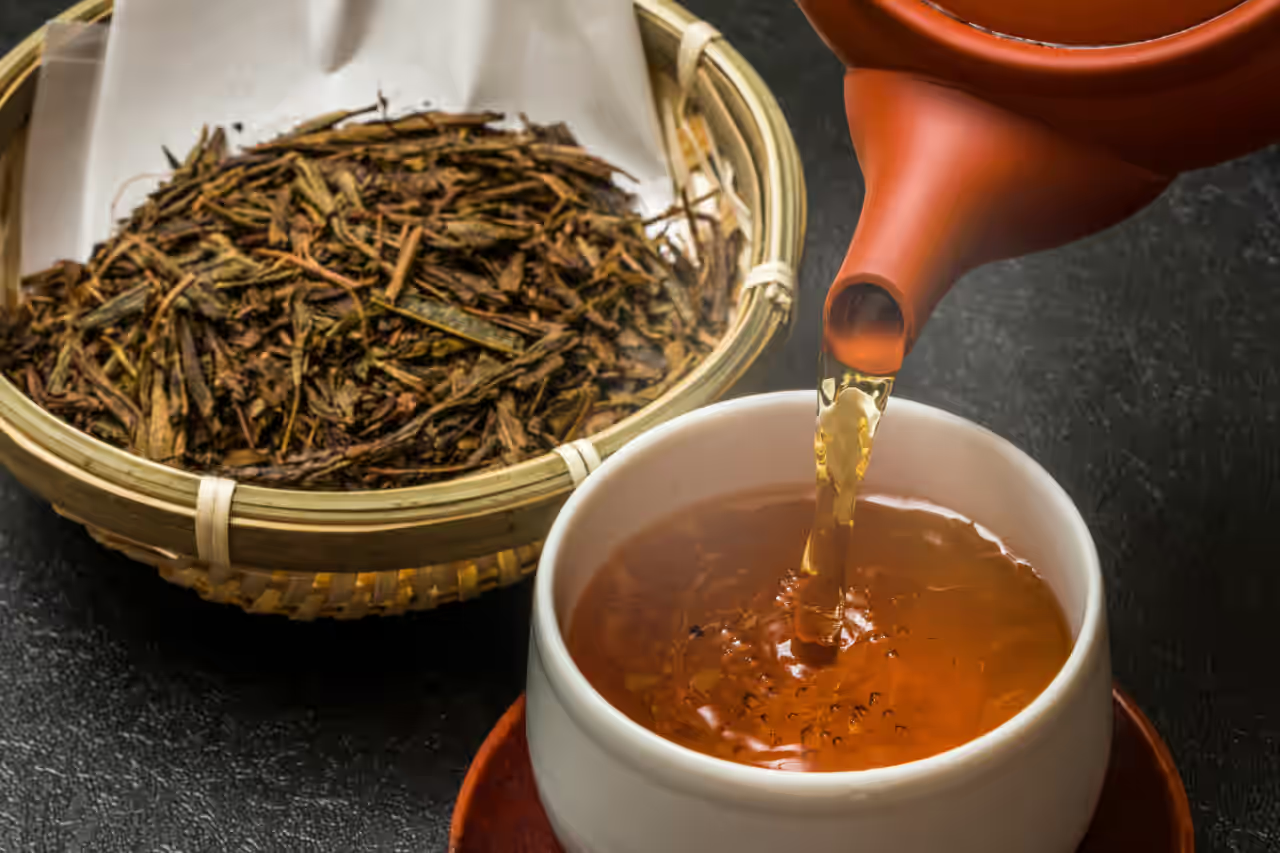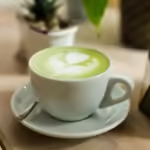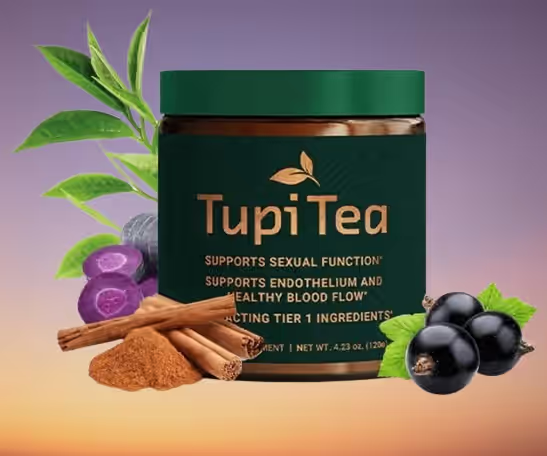Table of Contents
Introduction to Hojicha Tea Caffeine Content
Hojicha tea caffeine content is a hot topic among tea enthusiasts and health-conscious individuals alike. Known for its unique roasted flavor and soothing qualities, hojicha has become a favorite for those seeking a low-caffeine alternative to other teas. But just how much caffeine does hojicha contain, and how does it compare to popular teas like matcha, sencha, or even coffee? In this article, we’ll explore everything you need to know about hojicha tea caffeine content, from its characteristics to its benefits, making it the ultimate guide for curious tea lovers.
What is Hojicha Tea Caffeine Content?
Hojicha is a Japanese green tea that is distinctively roasted at high temperatures, giving it a nutty, smoky flavor. This roasting process also reduces its caffeine levels significantly compared to other green teas. The caffeine content in hojicha typically ranges from 7 to 10 mg per cup, making it one of the lowest-caffeine options among teas.
The low caffeine is due to the roasting process, which breaks down caffeine molecules. Additionally, hojicha is often made from bancha or mature tea leaves, which naturally contain less caffeine compared to younger leaves used in teas like matcha.
Hojicha’s minimal caffeine content makes it an excellent choice for evening consumption or for individuals sensitive to caffeine.
Answering Popular Questions About Hojicha Caffeine
Is Hojicha Stronger Than Matcha?
No, hojicha is not stronger than matcha in terms of caffeine content. Matcha, which is powdered green tea made from shade-grown leaves, contains significantly higher caffeine levels—approximately 60-70 mg per serving. Hojicha’s roasting process reduces its caffeine levels, making it milder and more suitable for those looking for a relaxing tea experience.
Which Has More Caffeine, Oolong or Hojicha?

Oolong tea generally has more caffeine than hojicha. Oolong’s caffeine content varies depending on its oxidation level but typically ranges from 37 to 55 mg per cup. In comparison, hojicha’s caffeine content is much lower, around 7 to 10 mg per cup, making it a better option for those seeking a low-caffeine beverage.
Will Hojicha Keep You Awake?
Hojicha is unlikely to keep you awake due to its low caffeine content. Unlike matcha or coffee, which are high in caffeine and stimulate alertness, hojicha’s calming properties make it an ideal choice for winding down in the evening. The roasting process enhances its soothing aroma and flavor, further promoting relaxation.
How Much Caffeine is in Hojicha vs. Sencha?
Hojicha contains significantly less caffeine than sencha. A cup of sencha typically contains 20-30 mg of caffeine, while hojicha averages around 7 to 10 mg per cup. The difference is attributed to the roasting process and the type of tea leaves used to make hojicha.
Hojicha Tea Caffeine Content Compared to Other Drinks
Hojicha Caffeine vs. Matcha
Matcha is a powerhouse of caffeine, with 60-70 mg per serving, making it 6-7 times higher in caffeine than hojicha. Matcha’s preparation involves consuming the entire tea leaf, while hojicha is brewed from roasted leaves, reducing its caffeine significantly.
Hojicha Caffeine vs. Coffee
Coffee contains around 95 mg of caffeine per 8 oz cup, which is roughly 10 times the caffeine in hojicha. For individuals looking to reduce their caffeine intake without sacrificing flavor, hojicha is an excellent alternative to coffee.
Hojicha Caffeine vs. Green Tea
Compared to regular green tea, which contains about 20-40 mg of caffeine per cup, hojicha stands out as the milder option with only 7-10 mg per cup. Its roasted flavor adds depth without the jitters often associated with higher-caffeine beverages.
Hojicha Caffeine Content Percentage

The caffeine content percentage of hojicha is approximately 0.01% per gram of brewed tea. This percentage reflects its status as one of the lowest-caffeine teas available.
Hojicha vs. Genmaicha Caffeine
Genmaicha, a blend of green tea and roasted brown rice, has slightly more caffeine than hojicha, averaging around 15 mg per cup. While genmaicha shares a nutty flavor profile with hojicha, its higher caffeine content may not be as suitable for evening consumption.
Hojicha Tea Benefits Beyond Low Caffeine
Hojicha offers more than just low caffeine content. Its health benefits include:
- Rich in Antioxidants: Despite its roasting, hojicha retains catechins, which help fight free radicals and support overall health.
- Aids Digestion: Its warm, soothing properties can help ease digestion after meals.
- Stress Relief: The nutty aroma and low caffeine levels make it a comforting choice for relaxation.
- Supports Weight Management: Hojicha is calorie-free and can complement a healthy diet.
- Suitable for All Ages: With minimal caffeine, hojicha is safe for children and the elderly.
- Improves Sleep Quality: Its calming properties can promote better sleep when consumed in the evening.
- Great for Pregnancy: Hojicha’s low caffeine levels make it a safe tea option for pregnant individuals, though consulting a healthcare provider is recommended.
Conclusion
Hojicha tea caffeine content sets it apart as a unique, low-caffeine option among green teas. Its distinctive roasting process not only enhances its flavor but also minimizes its caffeine levels, making it a favorite for tea lovers who seek a relaxing and soothing beverage. Whether you’re comparing it to matcha, coffee, or oolong tea, hojicha’s gentle qualities and numerous health benefits make it a versatile and enjoyable choice. From aiding digestion to promoting relaxation, hojicha proves that great taste and health benefits can go hand in hand.













